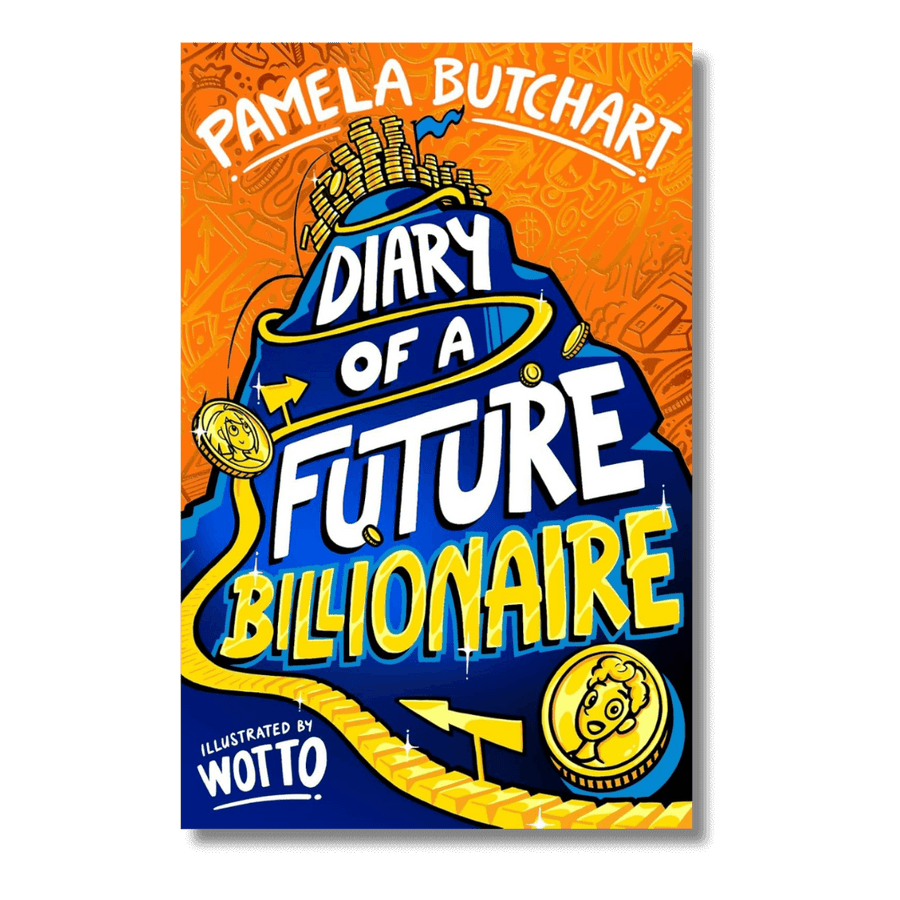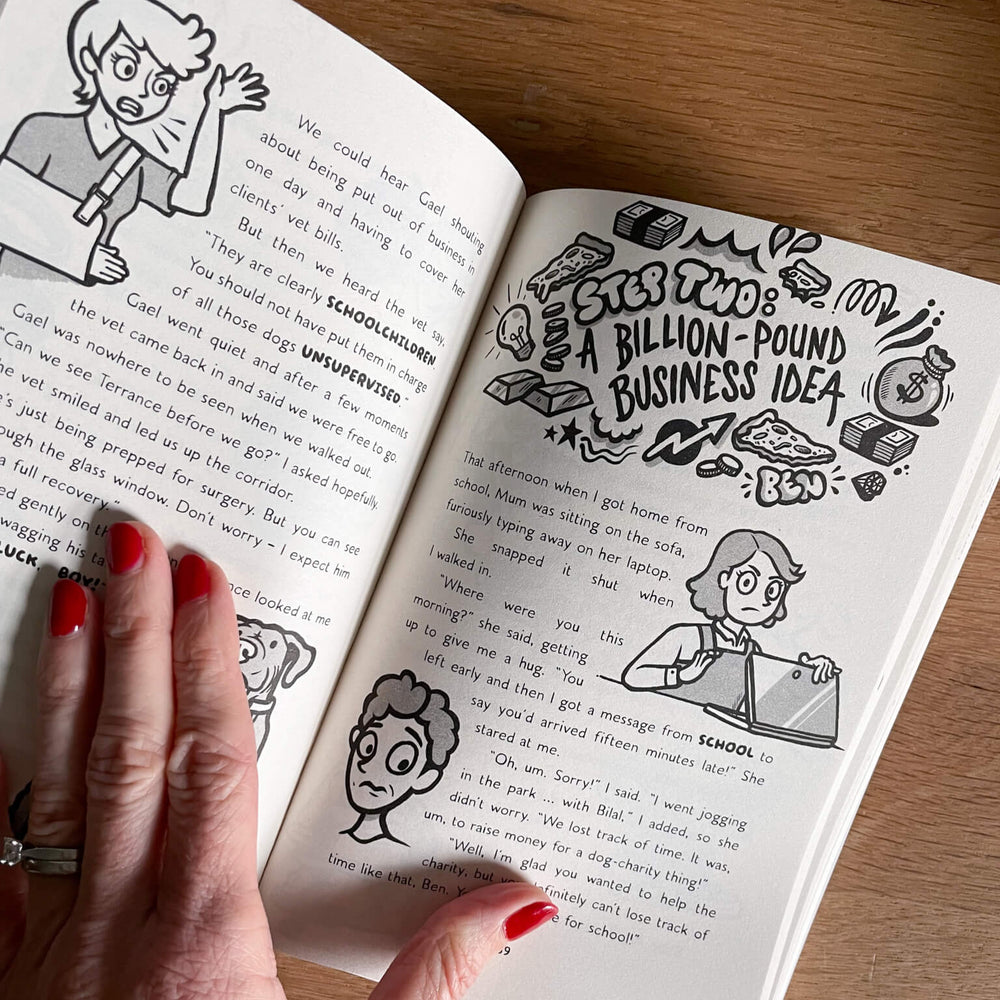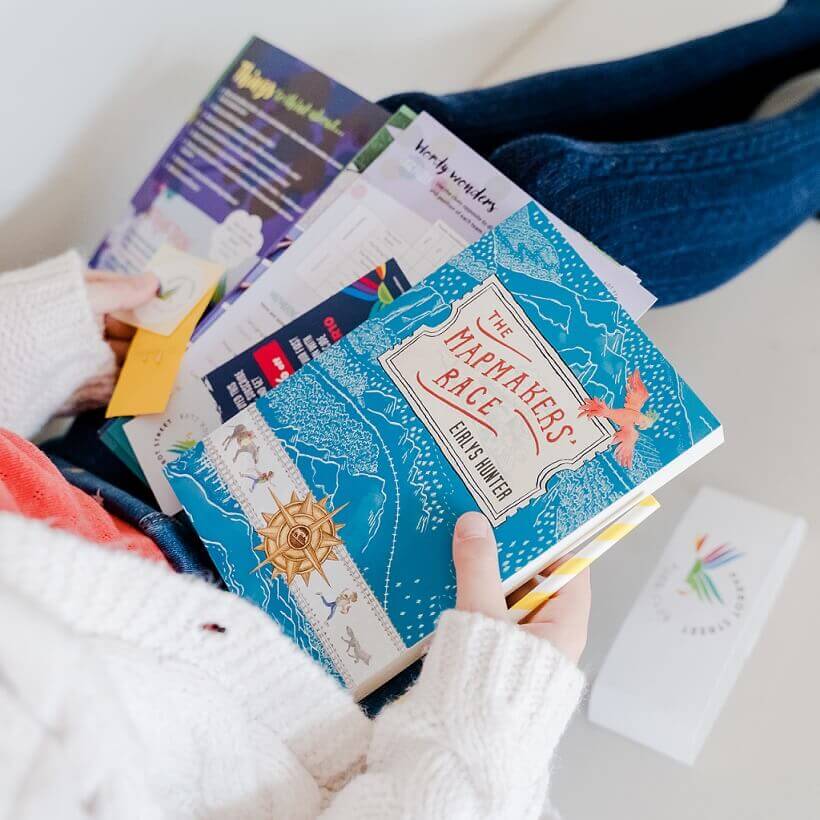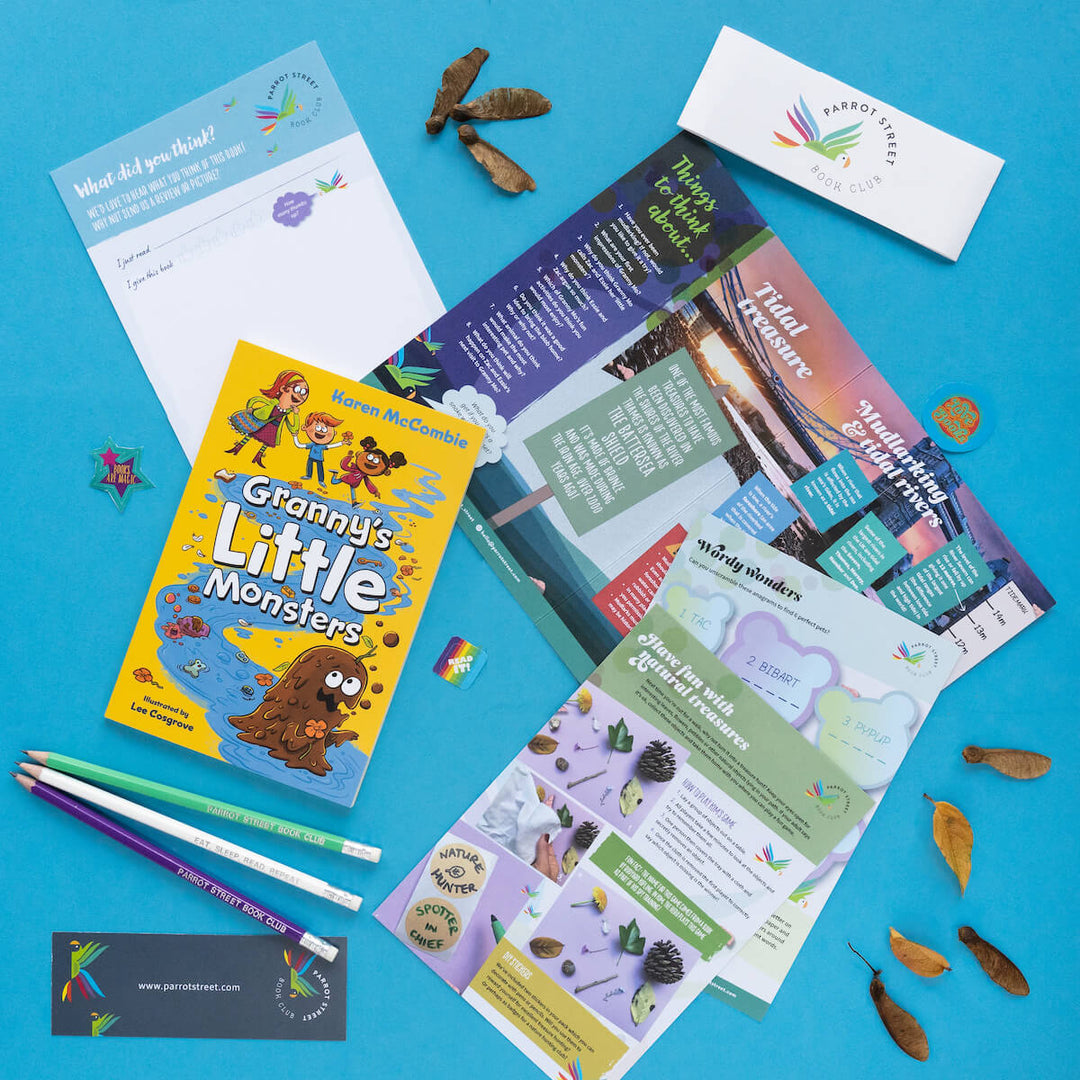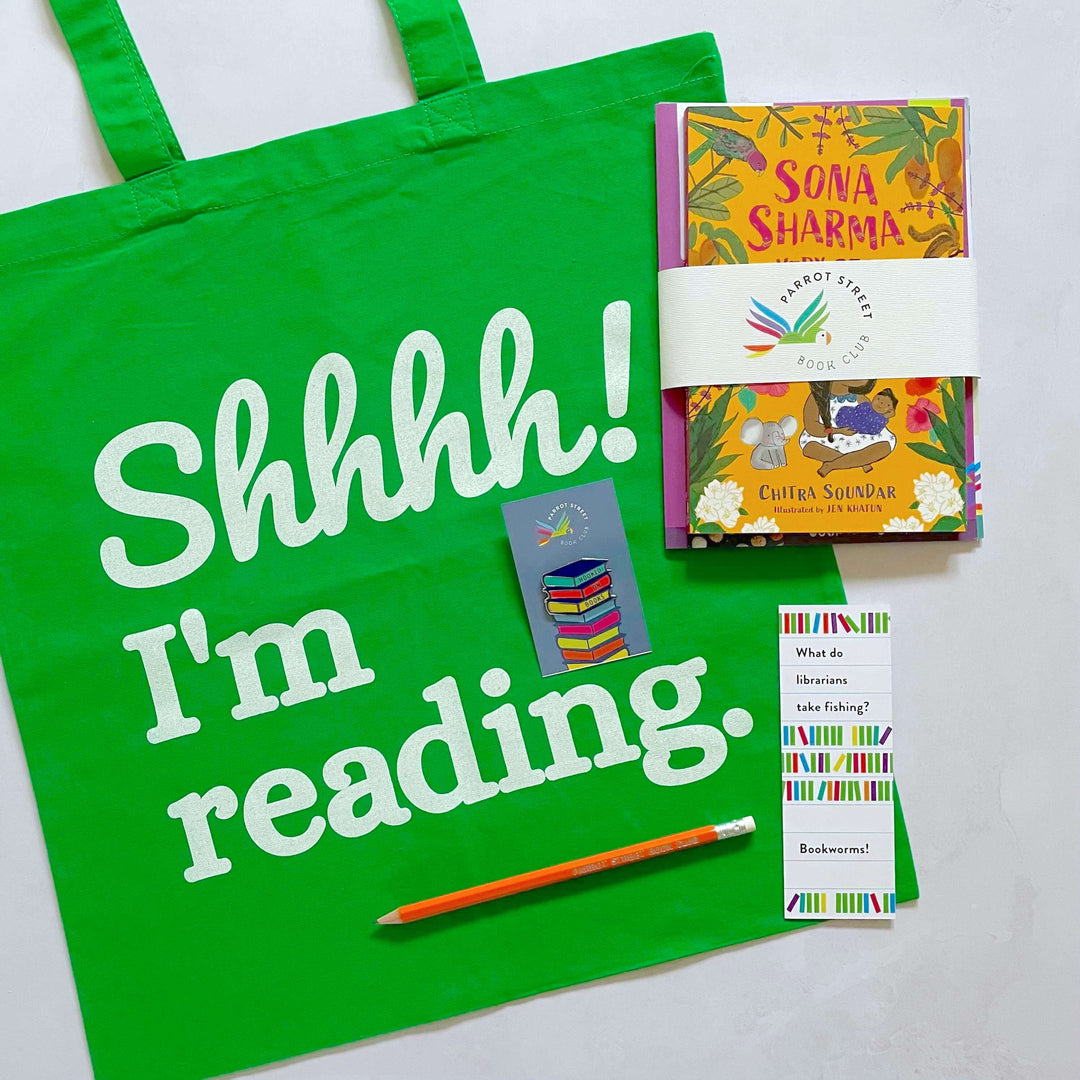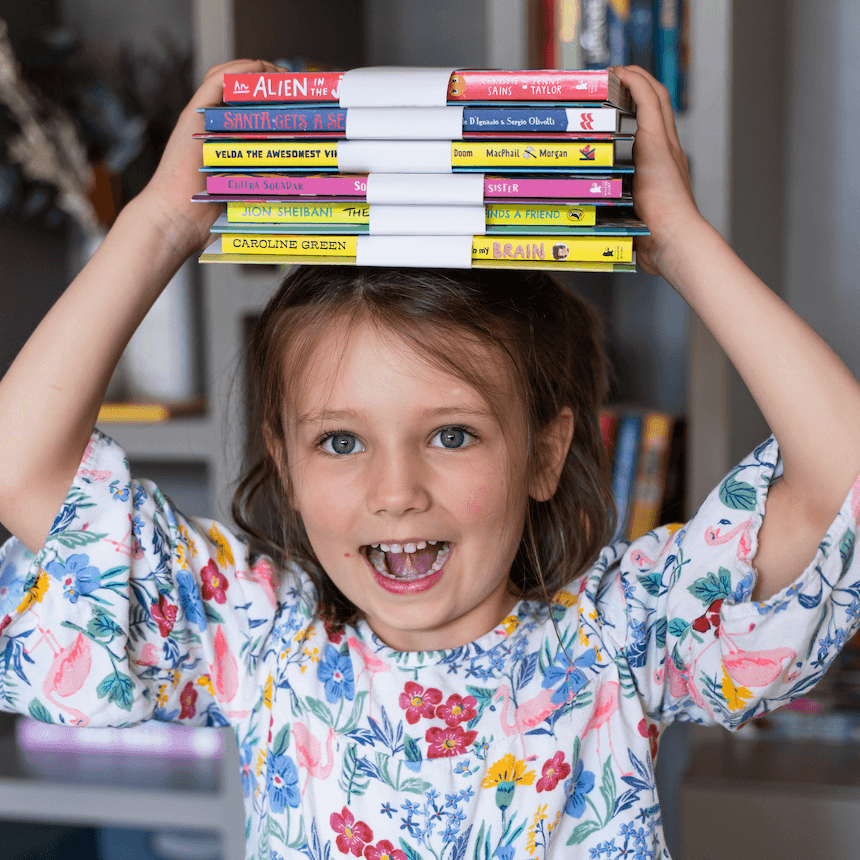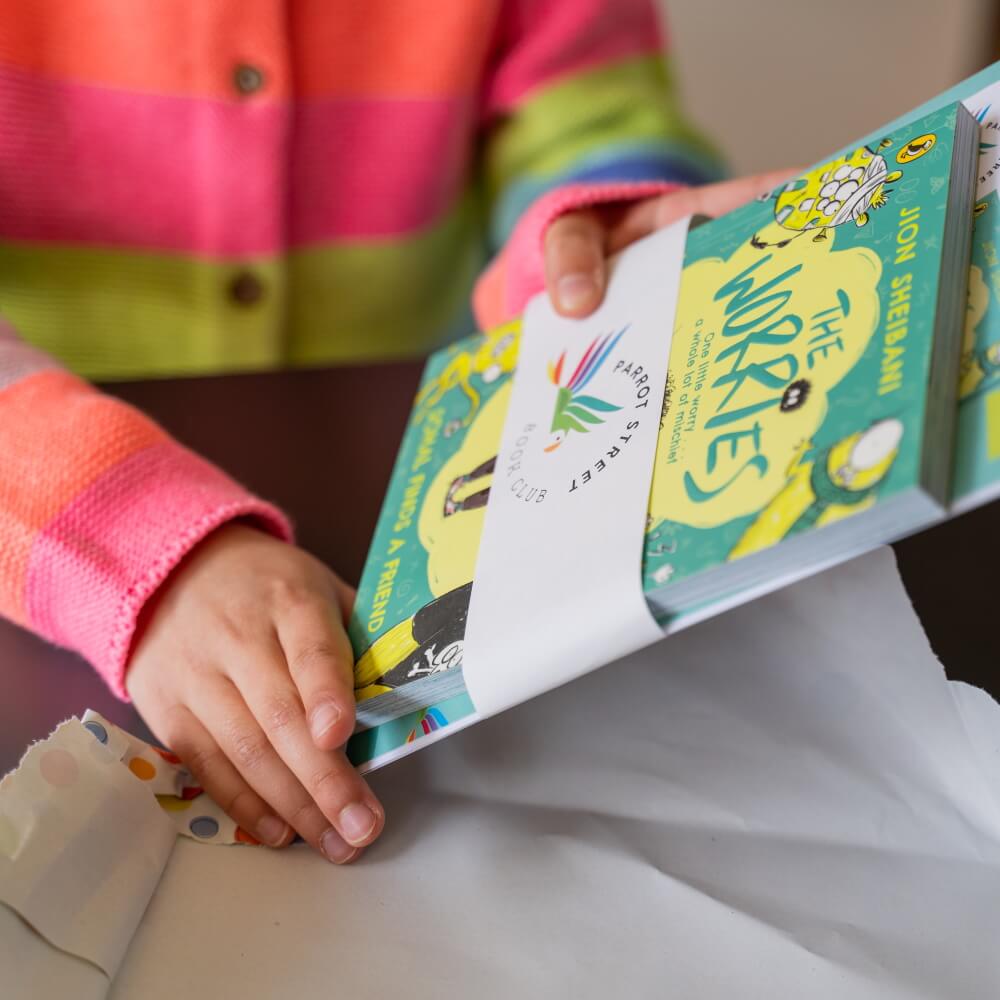Guest post by Alex Johnson, author of How to Give Your Child a Lifelong Love of Reading

Alex Johnson is a journalist and author of How to Give Your Child a Lifelong Love of Reading, which is packed with practical advice and recommendations for encouraging your child to read, as well as contributions from a host of children’s writers, including Michael Rosen, Cressida Cowell and Jacqueline Wilson.
…
What I remember about reading as a child is as much the pleasurable experience of it as the actual books. So while I have fond recollections of Noggin the Nog, Mumfie, Tintin, and Mr Rabbit and the Lovely Present, what is just as strong is the emotional memory of reading in bed (especially – cliché klaxon – under the covers with a torch), in the garden, on holiday, and especially being read to by my parents.
The only real rule about encouraging your children to read is that it should be enjoyable. However you plan to encourage them, the most important thing is that reading doesn’t become a chore or, even worse, some kind of punishment. “Get off that Xbox and read a good book” is unlikely to lead to success.
Children turn into readers when they find a book they like, and as soon as books make them feel happy, they’re hooked for life. This means encouraging them however they read. Are they rereading an old favourite for the billionth time? Smashing, rereading is not only a key part of understanding a book but it’s also comforting. Are they engrossed in a Beano annual? Great, reading comics/graphic novels is great fun – my youngest boy spent a large amount of lockdown alternating between Philip Pullman’s Northern Lights and my 1980s Whizzer and Chips annuals. One is not better than the other.
Having said that, don’t keep encouraging them to read something you loved as a child if they’re not keen. Guide and suggest, but as far as possible, let them make the choice themselves. I (still) love Anthony Buckeridge’s books about the schoolboy Jennings. My three children swiftly decided against. That’s absolutely fine.
An important way to keep children reading is to encourage them to read all kinds of things. So whether it’s a novel or a poem, a history book or a science guide, a travelogue or a comic, diaries or jokes, a biography or a picture book, variety is the spice of reading life. Library numbers are about 80% down on last year for obvious reasons and services are understandably patchy so it’s worth checking online before heading to your nearest branch (alternatively, think about using e-lending services). As well as ‘traditional’ books, ebooks are well worth considering and if you are able to support them, bookshops have now reopened but will also happily send you books in the post (support your local indies if you possibly can). There’s a lot to explore online too. For example, try Poetryline run by the Centre for Literacy in Primary Education or search for the work of performance poets such as Kate Tempest and Caleb Femi.
And don’t forget that audiobooks are books too. People not only learn in different styles but they also enjoy stories in different ways. Traditional books don’t suit everybody and audiobooks should certainly not be seen as some kind of fraudulent replacement for a ‘worthy’ hardback in the hand. Storytelling, after all, is far older than reading a printed book. The biggest commercial player in the audiobook market is Audible, owned by Amazon, but do search out other options too such as Listening Books.
As I mentioned above, one of the nicest ways of encouraging your child to read is to do it together and read to them. This is important to do when times are normal, but now everybody is unsettled this is a particularly excellent way of comforting your child. You absolutely don’t have to be a professional actor to read out loud, but do put plenty of emotion into it (I’ve always rather enjoyed doing ‘voices’ even though they are often rather mixed up – my sons gleefully pointed out that the dwarves in The Hobbit appeared to change which part of the country they came from every other reading session) and don’t go too fast – everybody tends to read too quickly. Older children who have not been read to for a while might also now enjoy this again.
Lastly, don’t let your child have all the fun. You should read too. Not only is it enjoyable, if your son or daughter sees you reading then they are much more likely to follow your lead.
JOIN OUR EMAIL LIST
Children's book news straight to your inbox
We love sharing product updates, book recommendations, children's activity ideas and special offers via email.


